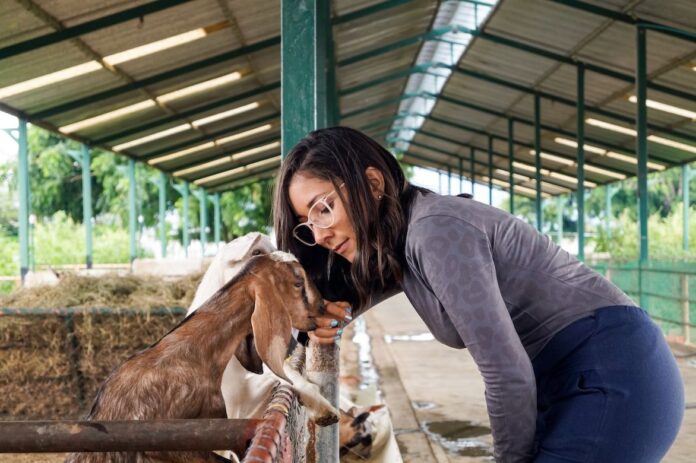“There is no cheap fix in veterinary education. Veterinary education is the second most expensive education system for professionals in the world. It is not an Irish thing; this is across the world.”
That is according to Ian Fleming MVB, MRCVS, member of the Working Group for Reform in Irish Veterinary Education, who appeared before a recent sitting of the Oireachtas Joint Committee on Agriculture, Food and the Marine on Wednesday, May 24th, 2023.
He told the meeting that we must be aware of the costings of the delivery of veterinary medicine education and stressed the importance of ensuring we have the correct cohort and volume of students enrolled in the degree discipline.
“We follow dentistry as being the most expensive course. But, veterinary medicine education is very expensive and complicated; it is not simple,” he told the meeting.
“We know from what Professor Matt Jones, BSc (Hons) BVSc PhD MRCVS, head of the Harper and Keele Veterinary School, has told us that the ballpark figure for veterinary courses across the UK and into Ireland is around €20,000-€30,000/student/annum. That is the cost of putting them through the system.”
According to the vet, 100-150 places is “the sweet point” to get the maximum return from our “very specialised and very expensive” educators within the system.
Professor Matt Jones
Founder and director of the group, Jimmy Quinn, MVB MSc, MRCVS, explained that UK-based Professor Jones has been involved in the establishment of the last three vet schools in the UK, the most recent of which is Harper & Keele Veterinary School.
He has, Quinn told the meeting, provided technical advice here in Ireland, to the country’s University of Limerick, in relation to how to design a course to produce “a vet that will work with farm animals at the end of it, if that is what you need”.
“The rationale of the new programme at Harper & Keele, for example, is to produce more people to go into food production animal veterinary.”
“He is an expert in designing educational means of selection and student education to produce that outcome,” he added.
As part of our recent Student Focus series, we spoke to two students at the UK-based vet college, Jessy Varney, and Orla Gilligan.
Other farming news on That’s Farming:





